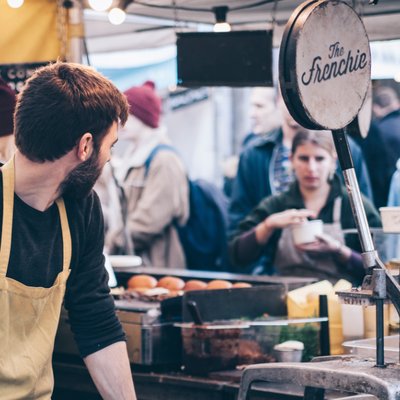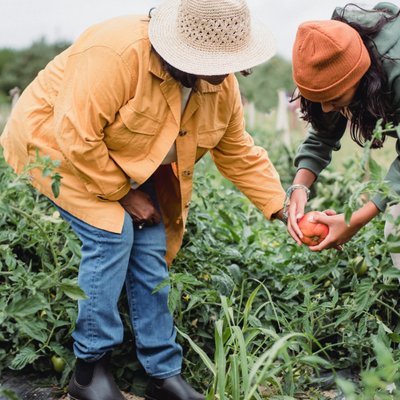Web3's Creative Elevation: Rising of Creator Communities
In the digital realm of Web3, creator communities are flourishing as artists and innovators seek exposure and avenues for creative expression.
Aug. 30, 2023

The metaverse, an all-encompassing digital realm where interactions transcend physical boundaries, has ensnared the attention of industries far and wide, including the culinary world.
Recent surveys indicate that over 60% of global businesses are actively pursuing metaverse-related projects, attesting to its burgeoning significance. Within this dynamic landscape, pioneering food and drink brands are discerning the boundless potential, delving into concepts ranging from NFTs to DAOs, to revolutionize the art of dining. As the race to establish metaverse footholds intensifies, these brands leverage collaborative ventures, virtual galas, and Web3 technologies to conjure distinctive customer experiences and fuel innovative revenue streams.
The metaverse beckons food brands to stake their claims via virtual trademarks, a novel paradigm in intellectual property. Notably, McDonald's has applied for trademarks indicative of virtual gastronomic offerings, signifying a paradigm shift towards digital dining.
Not to be outdone, Panera Bread envisions a metaverse manifestation—the "Paneraverse"—emphasizing its commitment to virtual cafes and restaurants.
Startups are equally engaged; "VirtuBite," a virtual bakery, has patented technology that recreates scent experiences, allowing users to virtually savor the aroma of freshly baked goods as they navigate the digital bakery.

The crossroads of food and gaming unfold novel experiences, as exemplified by Fortnite's alliance with French hypermarket chain Carrefour. This collaboration introduces the Healthy Map, inviting players to make nutritious choices within a virtual supermarket. Simultaneously, Coca-Cola immerses users in a metaverse game that rewards the collection of virtual bottle caps mirroring real-world products, epitomizing the convergence of virtual engagement and tangible rewards.
Further substantiating this trend, Starbucks has ventured into gamified metaverse experiences, allowing users to explore virtual coffee farms, learn about bean-to-cup processes, and receive real-world coffee rewards for their virtual endeavors.
Virtual festivals orchestrated by food and drink brands blur the lines between the virtual and the tangible. Tiger Beer's Street Food Virtual Festival amalgamates the virtual and the real, enabling attendees to order physical food and beverages from local vendors. Wins within the virtual realm translate to tangible rewards like discounts, promotions, and exclusive merchandise.
Dominos takes virtual festivals a step further, orchestrating a metaverse pizza gala, where users concoct virtual pizzas that might find their way onto the real-world menu—a true embodiment of how metaverse creativity translates into real-world gastronomy.

Non-fungible tokens (NFTs) are a nascent realm for food and drink brands, birthing novel revenue streams and interactive consumer engagements. Burger King's Keep It Real Meals venture unlocks digital collectibles via QR codes on meal boxes, while the Bored Breakfast Club harnesses NFTs for an exclusive coffee subscription, granting NFT owners unique coffee shipments.
Notably, an iconic coffee chain has issued NFTs resembling virtual coffee mugs, allowing holders free real-world coffee refills—an innovative blend of digital ownership and tangible enjoyment.
Though currently confined to the imagination, the metaverse spurs experimentation with digitized gustatory encounters. Virtual reality may one day simulate taste and texture sensations, bridging the gap between the digital and the tactile.
Enterprising chefs are collaborating with metaverse developers to craft multisensory digital dining experiences. Users will gather at grand virtual banquets, relishing each flavor and scent, forging connections across continents.